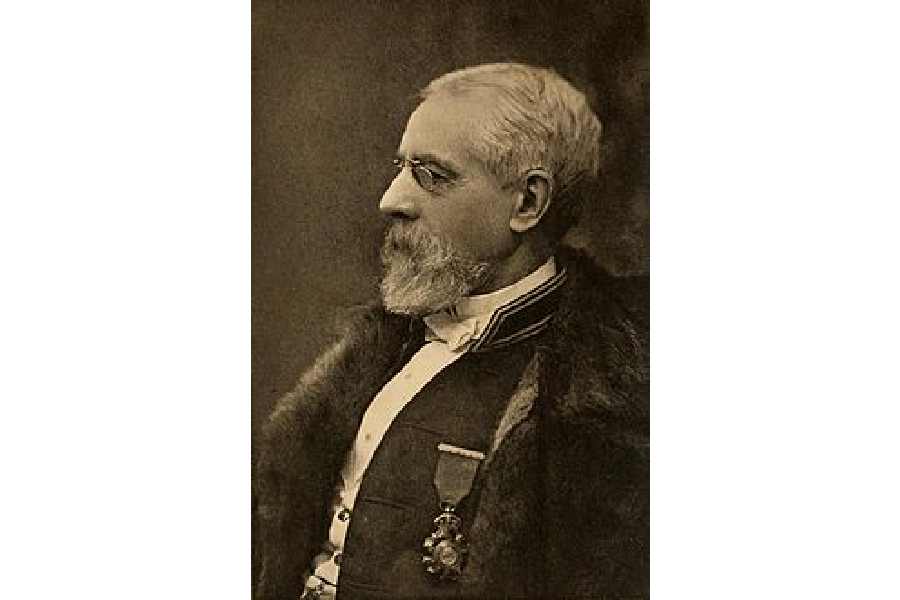Soldier, civil servant in India for the British East India Company and Persian scholar Henry George Keene was born on this day.
Born in England, he came to India as a cadet in Madras. He became adjutant of a Sepoy regiment and took part in the siege of Seringapatam, where he led the company carrying the scaling-ladders for the storming party.
Feeling exhausted by the army experience, he joined the college of Fort William, Calcutta, which trained young civil servants. In 1804, he passed out with a first class, doing exceptionally well in Persian and Arabic, as well as in other subjects. He worked as registrar at the district court of Rajamundri.
He went back to England and matriculated from Sidney Sussex College, Cambridge. Soon he would retire from the Indian civil service and take holy orders.
In 1824 he was appointed professor of Arabic and Persian at the East India College at Haileybury, near Hertford. He had written a Persian grammar, but destroyed its manuscript when he learnt that a similar work had been undertaken.
Later in life he wrote about the ancient history of Persia but did not publish it. His published works include Akhlák-i-Mahsini, lithograph text and translation, Anwár-i-Suhaili, also text and translation, Persian Fables, Persian Stories and Sermons of Rev. W. Sharpe.
